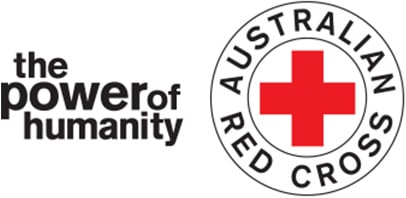We were there when thousands of people in Australia and across our region faced fires, floods, droughts, cyclones and heatwaves. We remain present in the hardest-hit communities, supporting people as they recover and rebuild their lives.
This year saw us ramp up our efforts to help families and communities become more resilient to disasters, by taking practical steps to prepare and protect what’s precious to them.
Advocating for resilience
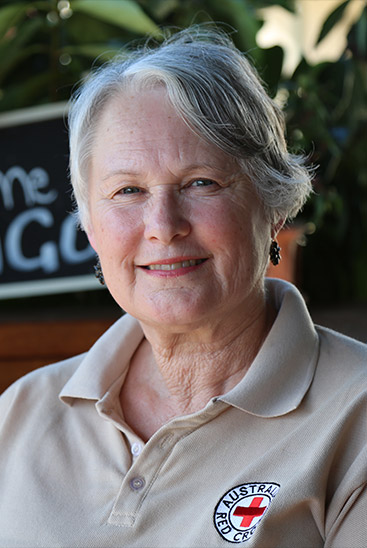
Pre is a dedicated Red Cross volunteer team leader. She and her team visited communities in the NSW Hunter Valley to offer support and a listening ear after local flooding.
Australian Red Cross/Dilini Perera
The 2015-2016 summer period was one of the busiest ever for our emergency services. Across the country, more than 800 volunteers and staff assisted around 13,000 people threatened by fires, floods, cyclones, storms and heatwaves, including the fatal Pinery bushfire in SA, and the Daly River floods in NT which forced a mass evacuation. Our response operations in WA and the NT were the biggest undertaken in those areas in the last 10 years.
The economic and social impacts of such emergencies are predicted to increase. Red Cross is a founding member of the Australian Business Roundtable for Disaster Resilience and Safer Communities, which influences public policy to support a more sustainable, coordinated, national approach to emergency resilience. This year the Roundtable released two reports, delivering the first economic analysis of the social impact of disasters and finding that the real economic cost is at least 50% greater than previously estimated. The cost of disasters in Australia is expected to increase from $9 billion to $33 billion per year by 2050. This data shows that emergencies will have an ever greater impact on all Australians and highlights the urgent and continuing need for our work in this area.
This year we helped launch The Australian Institute for Disaster Resilience, a new partnership between key emergency management organisations. The institute aims to improve education, training and professional development in the sector and support Australia to build a collective knowledge of disaster management.
Under our new strategic outcomes adopted in July 2016, within the next five years we aim to equip three million Australians to be better prepared for disasters, see a much greater investment in disaster risk reduction and community resilience, and continue to support people impacted by disasters across the country. Our work in the coming year will focus on achieving these goals.
Helping people to prepare
This year our media and campaigns reached more than 3.2 million Australians with information to help them prepare for disasters. We updated and distributed more than 14,800 copies of RediPlan, a free guide packed with helpful hints and strategies to prepare for emergencies. We focus on the psychological impacts of disasters, which can result in years of stress and hardship. Our resources like RediPlan help people to prepare their minds so they can avoid the longer-term psychological and social impacts of disasters. This complements the work of other agencies who seek to protect safety and properties.
Helping those who need us most
We recognise that Aboriginal and Torres Strait Islander peoples are over-represented in most indicators of disadvantage, and this year we embarked upon a dedicated research project to help Indigenous communities prepare for emergencies.
In partnership with the Larrakia Nation Aboriginal Corporation and with funding from the Northern Territory Government, we undertook research to understand how specific communities cope with and respond to cyclones. The research report identifies the unique cultural strengths of the communities' approach to resilience, and demonstrates ways that emergency services organisations can better support their safety and wellbeing.
Meanwhile, we supported the recovery of a number of communities across Australia that had experienced significant disasters in the previous months or years. Our recovery program in the NSW Blue Mountains was recognised with the Highly Commended Award at the NSW Resilient Australia Awards.
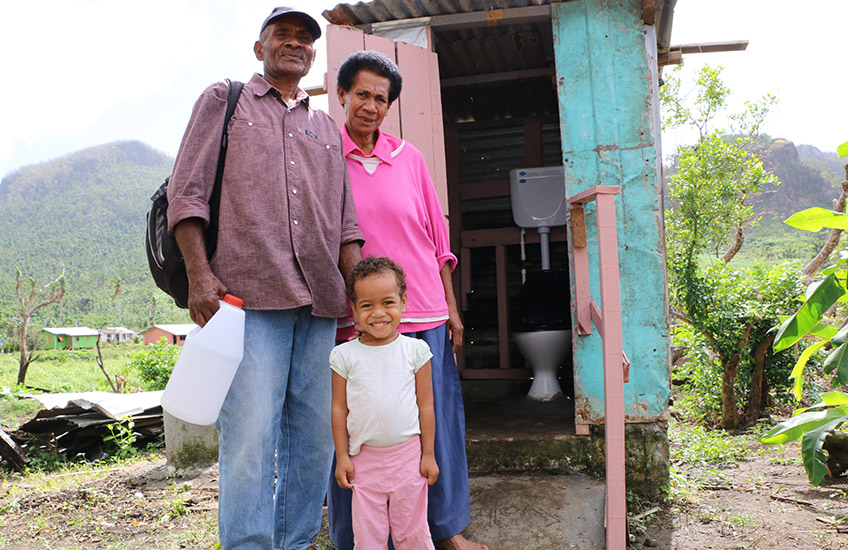
Red Cross emergency training saved Suliasi and Terry’s family when Cyclone Winston hit their village in February. Because of this training, people in Nokonoko Village evacuated to safety as the cyclone approached, and quickly rallied to help each other rebuild. Red Cross supported their recovery by installing new toilets. IFRC/Corinne Ambler
Life-saving partnerships in our region
Three out of five people killed or affected by disasters in 2015 were from the Asia-Pacific region. Our neighbours were hit by severe tropical storms such as Cyclone Winston in Fiji and Cyclone Amos in Samoa, earthquakes in Japan, and widespread drought and floods linked to the El Niño climate cycle.
We are investing in long-term partnerships with other Red Cross societies in 14 countries in our region, brokering the resources, people and expertise they need to respond quickly to crises. The value of this commitment became evident when Cyclone Winston hit Fiji in February. Fiji Red Cross teams worked quickly with their government to respond, reaching almost 71,500 people with relief supplies. Back home in Australia, generous Red Cross supporters donated $4.5 million for our Cyclone Winston appeal.
Local innovation in crisis response
In a crisis, it's important aid arrives as quickly as possible. That's why we're supporting our partner Red Cross societies to have trained emergency response teams, disaster management plans and warehouses stocked with relief supplies, ready to go.
We worked with Pacific partners and their governments to strengthen the laws that guide disaster response, including how international offers of aid are coordinated to reach more people and minimise duplication and waste.
We're pursuing innovative responses to disasters in the Pacific. Our winning proposal in the Australian Government's Pacific Humanitarian Challenge will see us develop pre-disaster agreements with local Pacific Islander businesses to provide, store and transport relief goods when disasters strike. We're also piloting forecast-based financing, a model that releases funds to help communities prepare for disasters as soon as they can be reliably predicted.
Sharper focus, stronger impact
We’ve made significant changes to the way we work, to deepen our impact and better support our Red Cross Red Crescent partners.
We have consolidated multiple independent projects into five program streams, with an overarching monitoring, evaluation, reporting and learning framework to measure and improve progress in the coming years. We increased our focus on countries such as Solomon Islands, Tonga, Fiji and Myanmar; while projects in Cambodia, Laos, the Maldives and other countries gradually wound down.
This year we ceased our involvement in the Australian Volunteers for International Development program, to instead trial new models of online, corporate and peer-to-peer volunteering to support our Red Cross partners. We are looking to transition to a new approach to international volunteering which will better leverage our relationships with other Red Cross societies.
Equitable access to humanitarian aid
As we consolidate and streamline our international work, one of our priorities is to address concerns relating to gender, protection and inclusion in all we do. To this end, we have been working with our partners to roll out gender and diversity training in the Pacific, and address disability within community and emergency response programs in Myanmar and the Philippines. We've also used small grants to support innovative ideas to promote equality in gender and diversity.
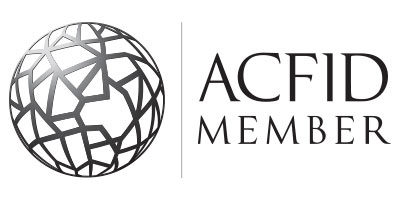
Australian Red Cross is a signatory to the Australian Council for International Aid and Development (ACFID) Code of Conduct and is committed to full adherence to its requirements. The ACFID Code of Conduct offers a mechanism to address concerns relating to signatories' conduct. Complaints against Australian Red Cross may be initiated by any member of the public and lodged with the ACFID Code of Conduct Committee at acfid.asn.au/code-of-conduct/complaints or for further information please see the ACFID website, acfid.asn.au.
We visited schools to teach 3,000 children how to prepare for emergencies.
In December and January we responded to 14 emergencies in 50 days. 712 Red Cross representatives assisted 8,232 people
Over 7,660 people used Register.Find.Reunite, our service to reunite family, friends and loved ones during a disaster
Download a RediPlan to prepare your household for emergencies.
Visit redcross.org.au/prepare.
After 509 volunteer assignments with 209 partners in 15 countries over 5 years, our time in the Australian Volunteers for International Development program has ended
Red Cross volunteers reached almost 71,500 people in Fiji with emergency relief items after Cyclone Winston
See the world through an international aid worker's eyes with our chart-topping How Aid Works podcast.
Visit redcross.org.au/howaidworks.
